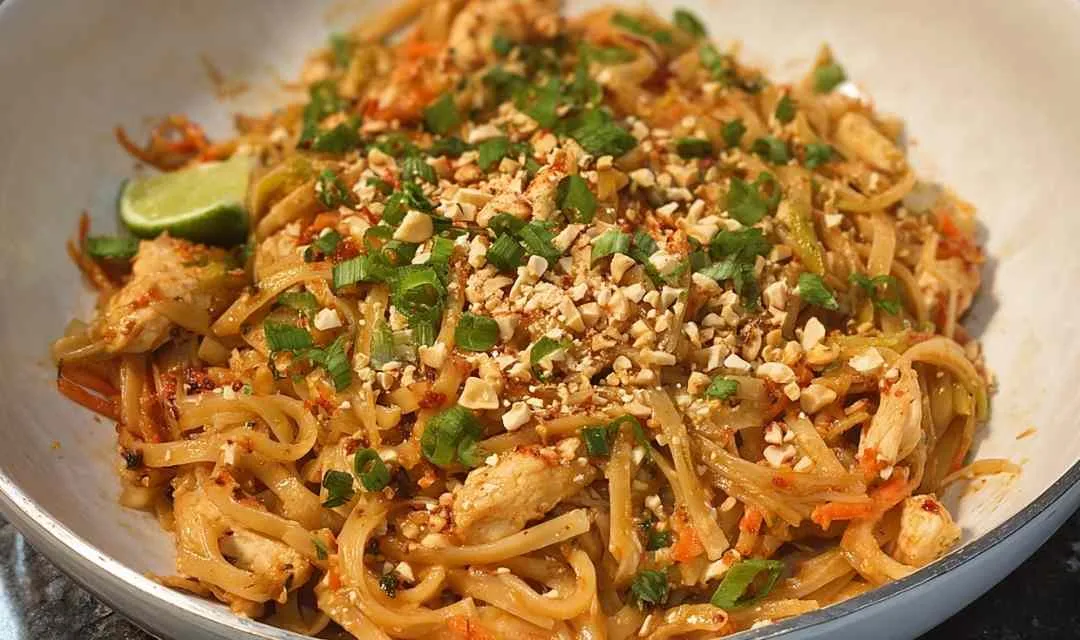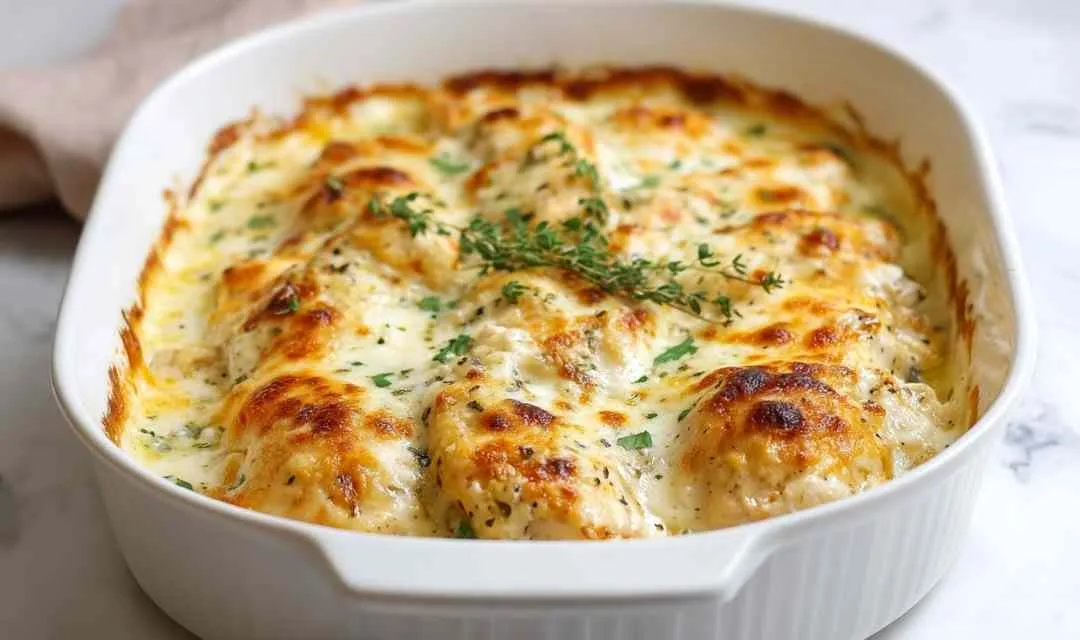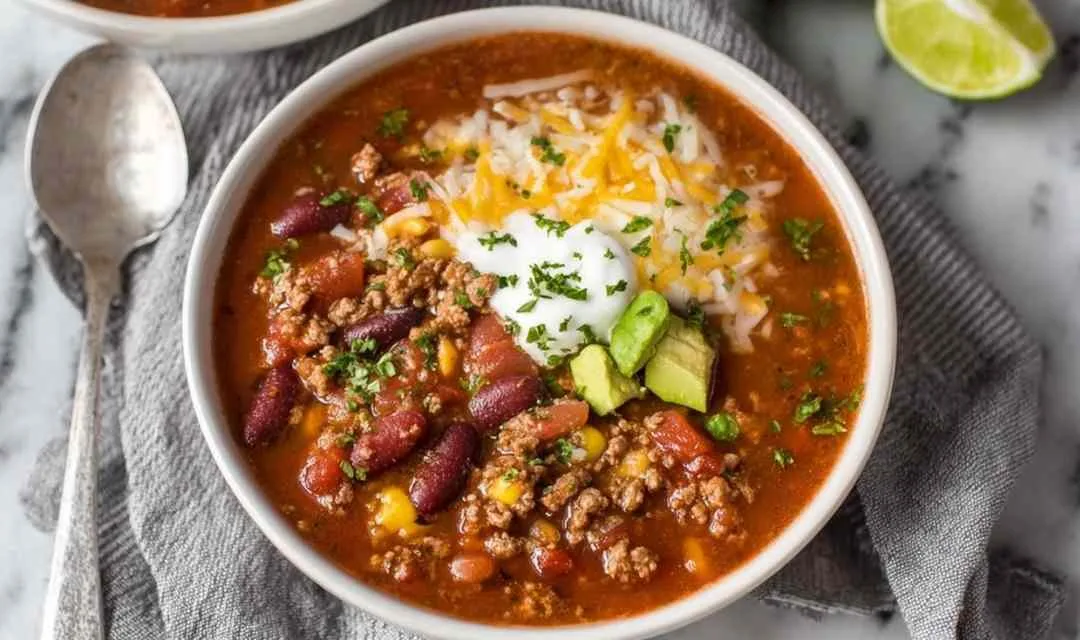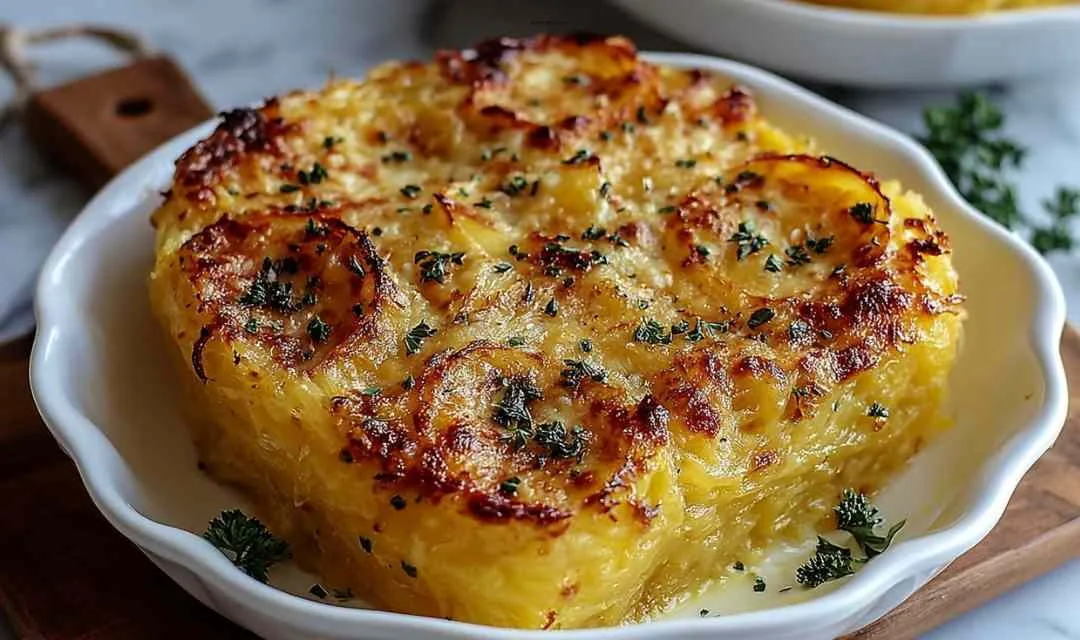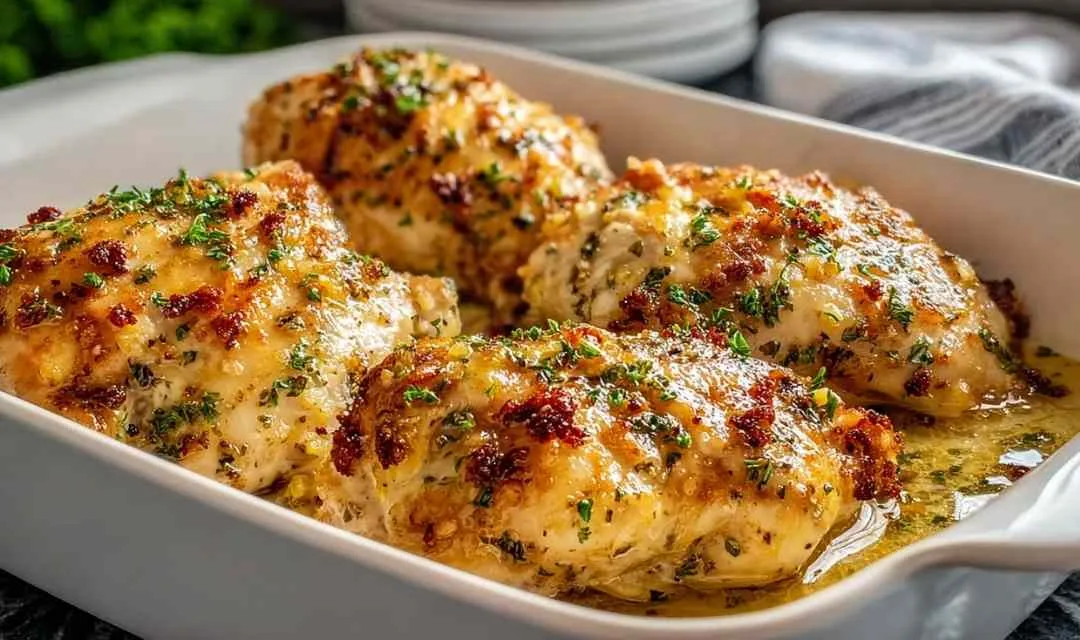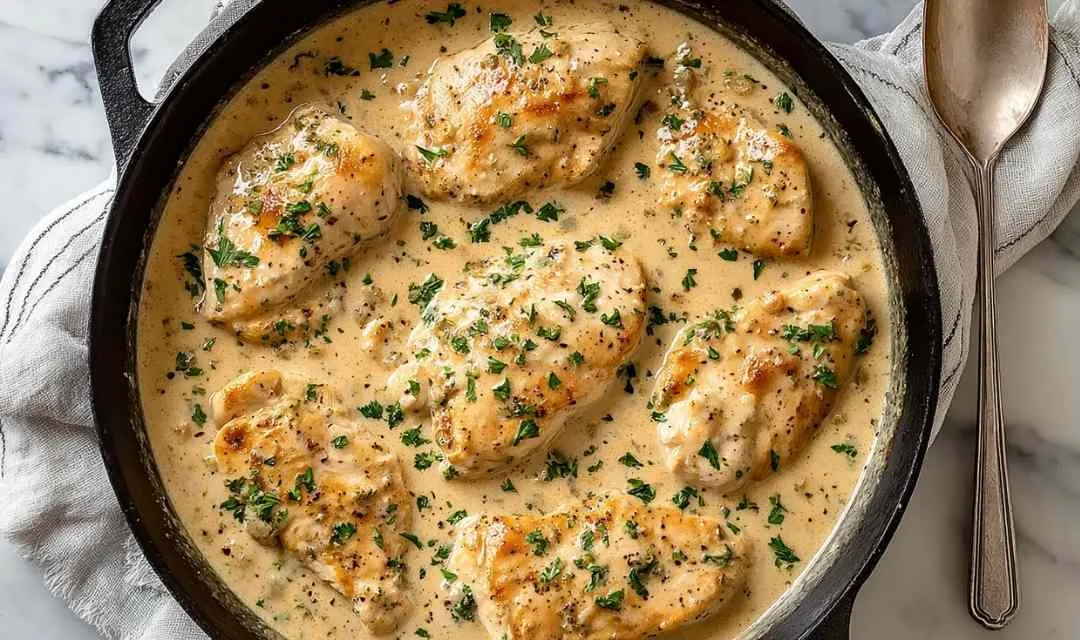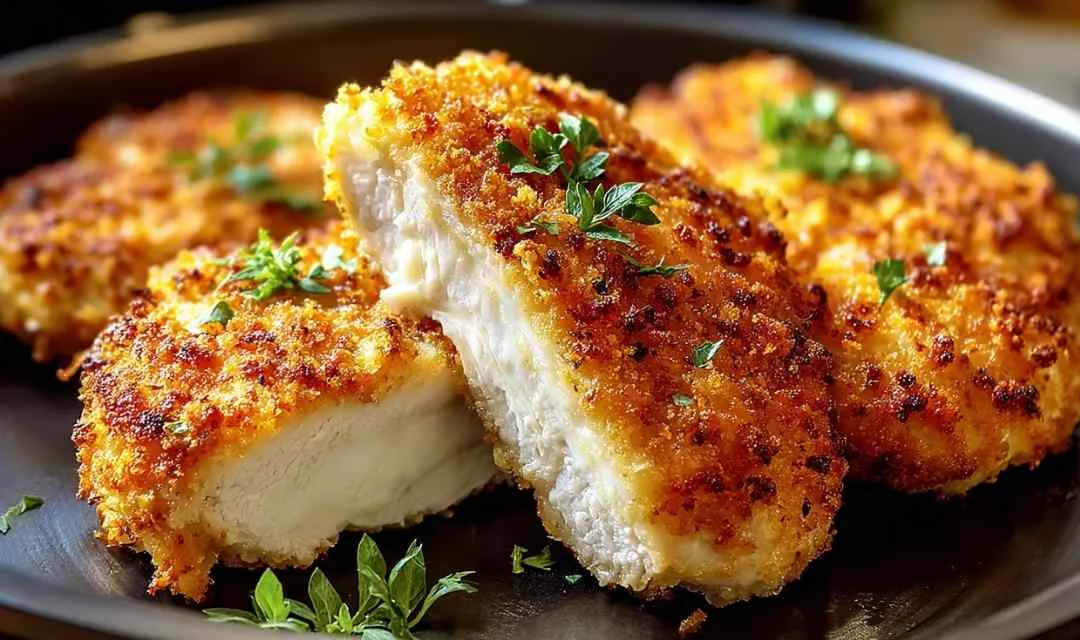Healthy Chicken Pad Thai has become my weeknight hero when I need something quick, satisfying, and packed with protein. After years of ordering takeout and feeling sluggish afterward, I discovered how easy it is to make this restaurant favorite right at home.
You know, I never imagined myself making Thai food in my Midwest kitchen. But one evening, my granddaughter came home from college craving Pad Thai, and I thought, why not give it a try? What started as an experiment turned into a family favorite that now appears on our table at least twice a month. The sizzle of chicken hitting a hot wok, the tangy-sweet aroma of tamarind and soy sauce mingling together, and those perfectly chewy noodles coated in that glossy sauce bring the same excitement as Sunday supper, just with different flavors. And the best part? This version delivers 43 grams of protein per serving without the heavy, overly-oily feeling of takeout. Let’s get cooking!
What Makes This Healthy Chicken Pad Thai So Special
I’ve always believed that the best recipes are the ones you can rely on during busy weeks. This Healthy Chicken Pad Thai checks every box for modern home cooking while staying true to those bold, authentic flavors we all crave. After making this countless times for my family and friends, I’ve seen firsthand why it’s become such a go-to meal.
Here’s why this recipe belongs in your rotation:
- Delivers 43g of protein per serving, perfect for anyone watching their macros or just wanting a filling, nutritious meal
- Comes together in under 20 minutes, faster than ordering delivery and waiting for it to arrive
- Uses ingredients you can find at any grocery store, no hunting down specialty items at multiple shops
- Stays naturally gluten-free, great for family members with dietary restrictions
- Costs less than half of restaurant takeout, your wallet will thank you
- Tastes even better than delivery, fresh ingredients and that high-heat wok cooking make all the difference
What I love most is how this recipe fits seamlessly into meal prep routines. I’ve made it on Sunday afternoons and portioned it out for lunches all week long. It reheats beautifully and actually tastes better the next day once those flavors have mingled together. If you’re looking for more high-protein meal ideas, my high protein Korean beef bowl uses similar macro-friendly techniques.
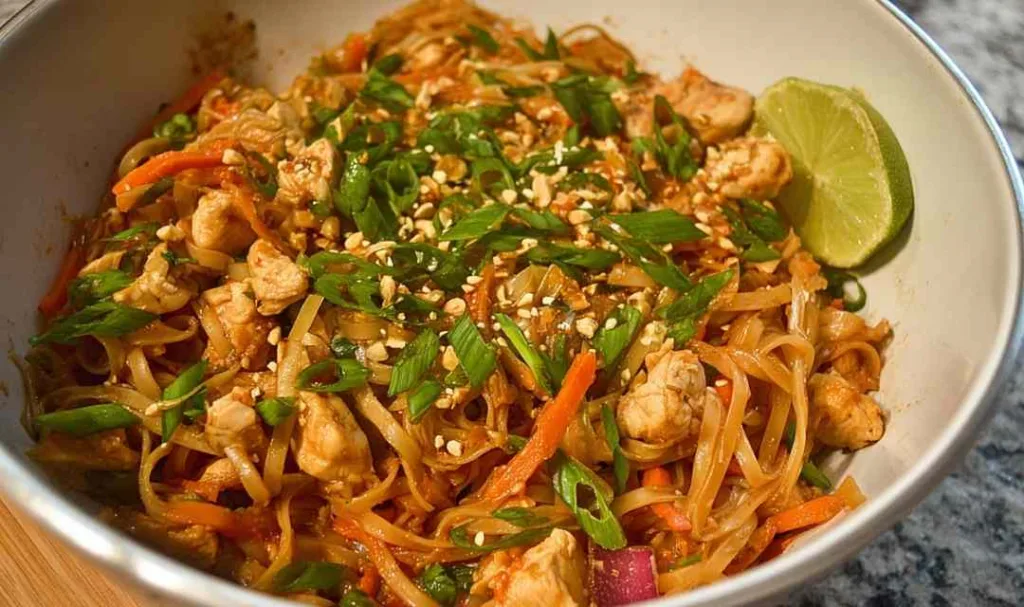
Ingredient Spotlight
Chicken Breast forms the protein foundation of this dish, and I always choose boneless, skinless breasts for the leanest option that still stays incredibly tender thanks to our baking soda technique.
Baking Soda might seem unusual, but this is my secret weapon. It tenderizes the chicken in just 15 minutes, creating that melt-in-your-mouth texture you’d get at a high-end restaurant.
Rice Noodles provide those classic chewy strands that make Pad Thai so satisfying, and I prefer the flat, medium-width variety that holds onto the sauce perfectly.
Tamarind Puree delivers that signature tangy-sweet flavor that defines authentic Pad Thai. Make sure you grab puree, not paste, as the paste is much more concentrated and can throw off the balance.
Fish Sauce adds incredible umami depth, and while the smell might surprise you in the bottle, it transforms into pure magic once cooked.
Tofu boosts the protein even more while adding texture contrast. In my kitchen, I prefer extra-firm tofu that gets slightly crispy edges when stir-fried.
Zero Calorie Sweetener keeps this recipe macro-friendly, though brown sugar works beautifully if you’re not tracking calories closely.
Bean Sprouts contribute that fresh, crunchy element right at the end, and I never skip them because they brighten up the entire dish.
Crushed Peanuts for garnish aren’t just decoration. They add richness and that essential roasted flavor that ties everything together.
How to Make Healthy Chicken Pad Thai Step by Step
Step 1. Tenderizing the chicken is what separates good Pad Thai from great Pad Thai. Mix 1 teaspoon baking soda with 1 cup water, add your sliced chicken breast, and let it sit for exactly 15 minutes before rinsing thoroughly and patting completely dry.
Step 2. While the chicken marinates, prepare the sauce so it’s ready to go when you need it. Whisk together 3 tablespoons low sodium soy sauce, 2 tablespoons oyster sauce, 2 tablespoons tamarind puree, 1 tablespoon fish sauce, 2 tablespoons sweetener of choice, and a touch of sriracha if you like heat.
Step 3. Cook your rice noodles according to the package directions during the 15-minute chicken marinating time, then drain and toss them with a tiny bit of oil so they don’t stick together while you finish prep.
Step 4. Heat 1/2 teaspoon sesame oil in your largest pan or wok over high heat until it’s smoking hot, then add the chicken and cook for 4 to 6 minutes without moving it too much. You want those golden, slightly crispy edges that create flavor.
Step 5. Remove the chicken to a plate, add the remaining 1/2 teaspoon oil, then toss in 1 cup julienned carrots and 4 ounces diced tofu for 1 minute before adding 1 cup snow peas, half a sliced red onion, 3 cloves minced garlic, and 1 sliced fresh chili for another 1 to 2 minutes.
Step 6. Push everything to the sides of the pan, creating a clear space in the center. Crack an egg right in the middle, scramble it quickly with your spatula, then mix it through the vegetables. This creates those delicious ribbons of egg throughout.
Step 7. Add your cooked noodles, the reserved chicken, 1 cup bean sprouts, and all that beautiful sauce, then toss everything together for 2 to 3 minutes until every noodle is coated and glistening. Keep the heat high during this step.
Step 8. Add 4 chopped green onions at the very end and let the residual heat cook them for about 30 seconds. They stay bright and slightly crisp instead of wilting completely.
Step 9. Divide your Healthy Chicken Pad Thai into four bowls and top each one generously with crushed peanuts, extra green onions, and lime wedges on the side for squeezing.
Keeping This Healthy Chicken Pad Thai Fresh
I typically store leftovers in airtight containers in the refrigerator, where they stay fresh for 3 days. The noodles will absorb some of the sauce as they sit, which my family actually prefers because it creates an even more flavorful dish. Just make sure you’re using containers with tight-fitting lids to prevent the garlic and fish sauce aromas from spreading to other foods in your fridge.
For the best texture when reheating, add a splash of water to a pan over medium-high heat and toss the Pad Thai for 2 to 3 minutes until heated through. This method revives those noodles and keeps everything from drying out. If you’re in a hurry, the microwave works fine. Just heat in 30-second bursts and stir between each interval, adding a tablespoon of water if it looks dry.
My freezing method works well for this recipe if you want to make a double batch. Portion it into individual servings in freezer-safe containers, leaving a bit of space at the top for expansion, and freeze for up to 2 months. Thaw overnight in the refrigerator before reheating. I find that the noodles soften slightly after freezing, but the flavor stays excellent, making it perfect for those nights when cooking from scratch just isn’t happening.
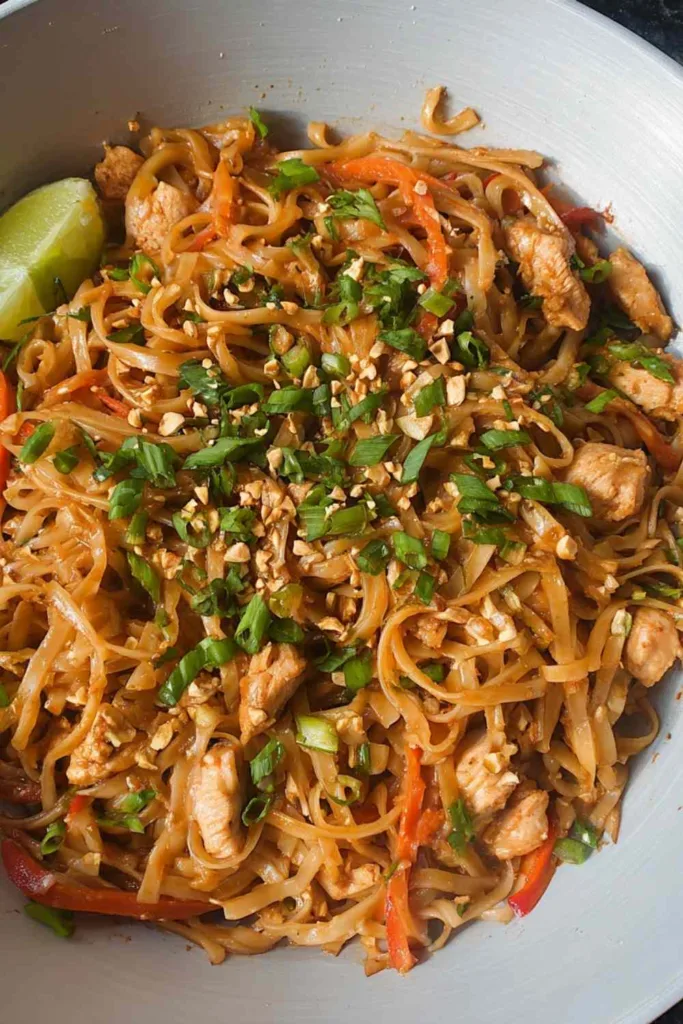
Perfect Partners for Healthy Chicken Pad Thai
Simple Cucumber Salad pairs beautifully with this dish. The cool, crisp cucumber tossed with rice vinegar and a touch of sugar cuts through the richness of the Pad Thai, and it takes just 5 minutes to throw together.
Bang Bang Chicken Bowl makes a great companion meal if you’re doing Asian-inspired meal prep for the week. The creamy, spicy sauce complements the tangy Pad Thai flavors.
Asian Slaw with Ginger Dressing provides crunchy cabbage, carrots, and a zingy ginger dressing that offers textural contrast to make every bite interesting.
Spring Rolls with Peanut Sauce turn this into a full Thai-inspired feast. Fresh spring rolls packed with vegetables pair wonderfully and can be prepped ahead of time.
Stir-Fried Bok Choy adds more greens with a quick garlic and soy sauce preparation that takes less than 5 minutes on the stove.
Mango Sticky Rice is my family’s favorite way to end this meal with something sweet and tropical that celebrates those Southeast Asian flavors.
For more quick Asian-inspired dishes, try my coconut chicken curry or Chinese chicken with garlic sauce, both ready in under 30 minutes.
Frequently Asked Questions
I recommend using shrimp as a delicious alternative. Just adjust the cooking time to 2 to 3 minutes since shrimp cooks much faster than chicken.
My solution is mixing 2 tablespoons lime juice with 1 tablespoon brown sugar to create a similar tangy flavor, though the authentic taste won’t be quite the same.
The best approach I’ve tested is to rinse the cooked noodles with cold water immediately after draining, then toss them with a small amount of sesame oil while you prep everything else.
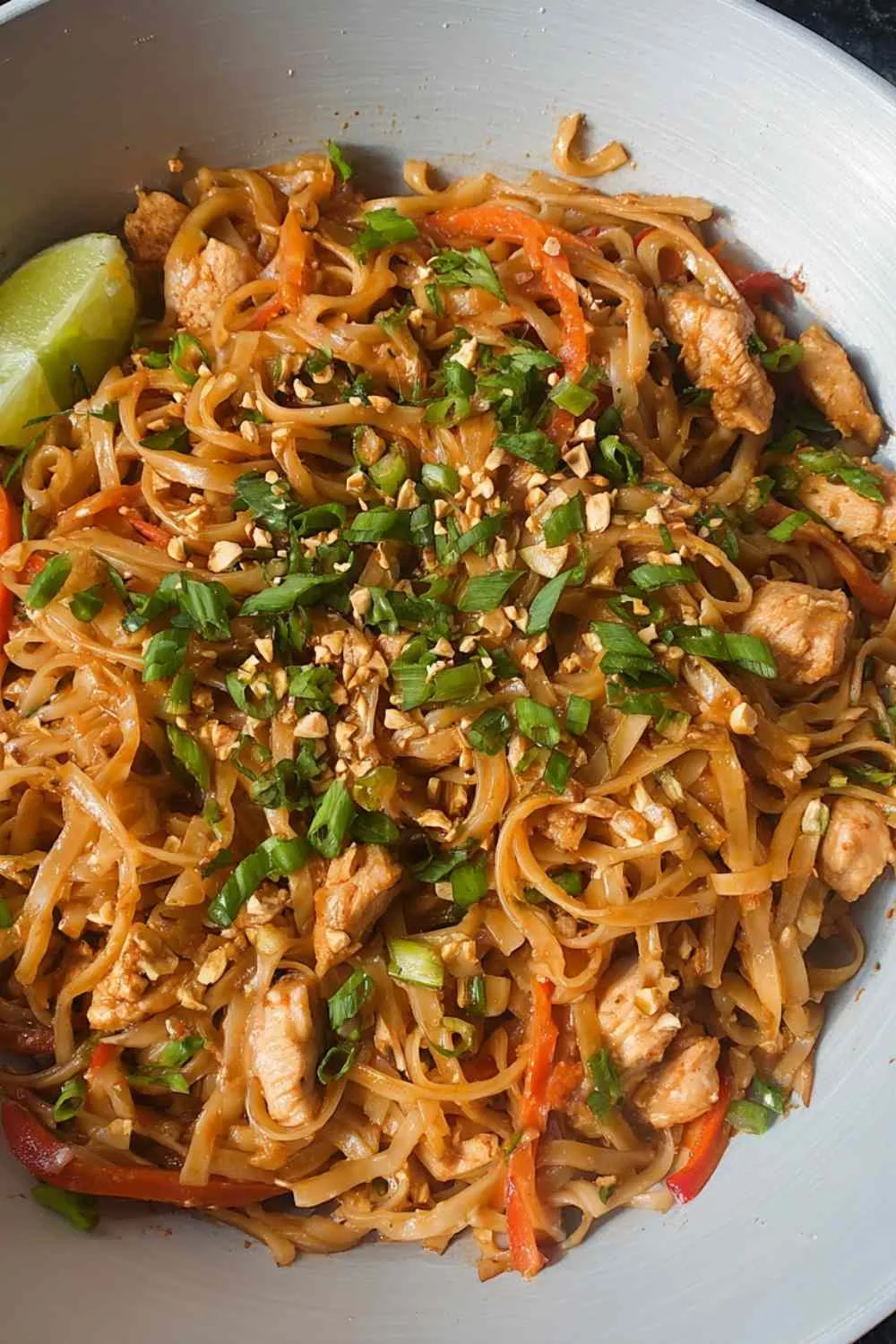
Healthy Chicken Pad Thai – High Protein & Low Calorie
Ingredients
Equipment
Method
- In a bowl, mix 1 teaspoon baking soda with 1 cup water. Add the sliced chicken and let sit for 15 minutes. Rinse thoroughly with cold water and pat dry.
- While chicken marinates, cook rice noodles according to package directions. Drain, rinse with cold water, and toss with a small amount of oil. Set aside.
- In a small bowl, whisk together soy sauce, oyster sauce, tamarind puree, fish sauce, sweetener, and sriracha (if using) until well combined.
- Push vegetables to the sides of the pan, creating a clear space in the center. Crack the egg into the center, scramble quickly with a spatula, then mix with the vegetables and tofu.
- Add cooked noodles, cooked chicken, bean sprouts, and prepared sauce. Toss everything together for 2 to 3 minutes over high heat until evenly coated and heated through.
- Add chopped green onions and toss for 30 seconds, letting the residual heat cook them slightly.
- Divide into 4 bowls and top with crushed peanuts, extra green onions, and lime wedges for squeezing.
